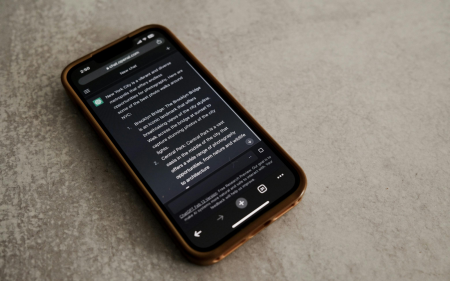It’s been just over two weeks since former United States President Donald Trump was suspended from Google’s streaming platform YouTube, ahead of Joe Biden’s inauguration.
Originally put in place on 12 January after Trump supporters stormed the Capitol Building in Washington, YouTube suspended Trump’s ability to upload videos to his channel, as well as disabling the comments sections. Now, according to a report in The Guardian, Google has decided to extend the suspension indefinitely, citing concerns over possible violence that may erupt in the future.
“In light of concerns about the ongoing potential for violence, the Donald J Trump channel will remain suspended,” a spokesperson for YouTube said. “Our teams are staying vigilant and closely monitoring for any new developments.”
Neither Google nor YouTube has indicated when — or even if — Trump’s suspension will be lifted.
YouTube isn’t the only social media platform that blocked the former president; following the riots at the Capitol earlier this month, Twitter permanently banned Trump from its platform, while Facebook blocked him from posting on both its social media site and Instagram.
While there are many who would opine that Trump’s removal from these platforms is long overdue, it can be argued that doing so raises quite a few questions about freedom of speech online.




